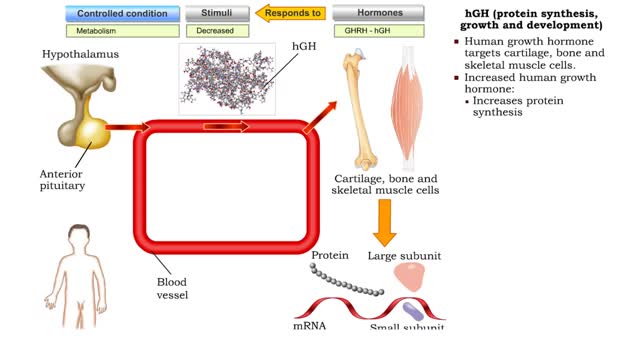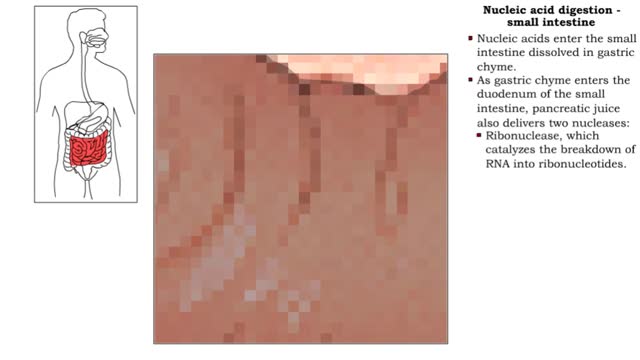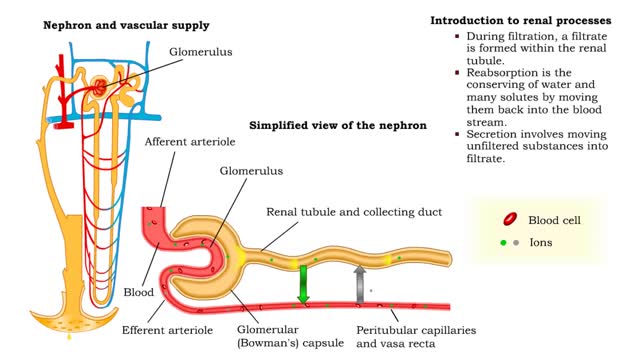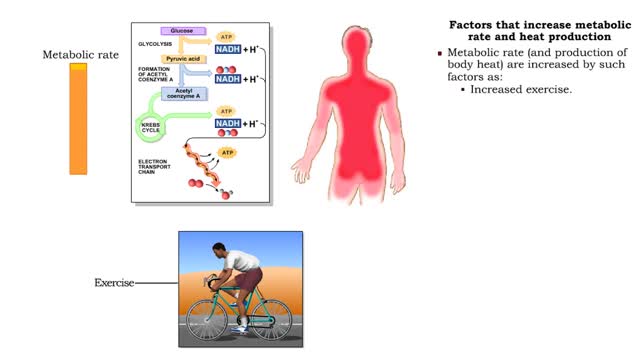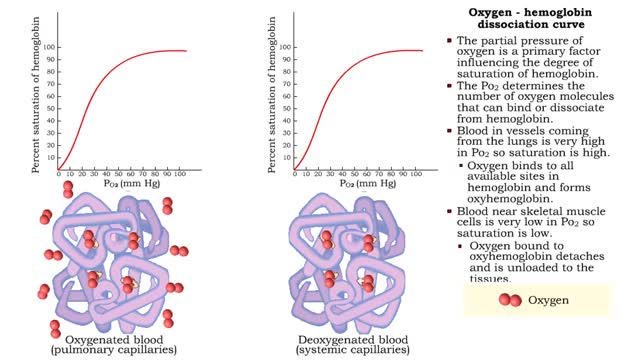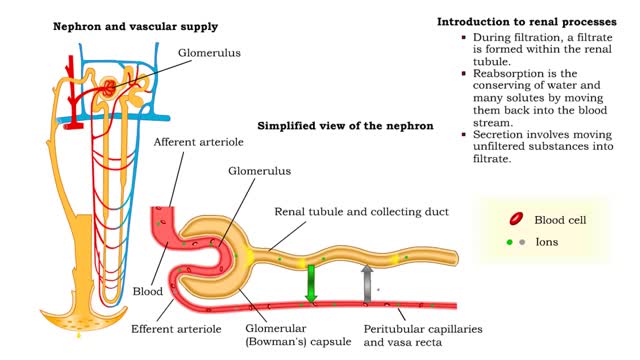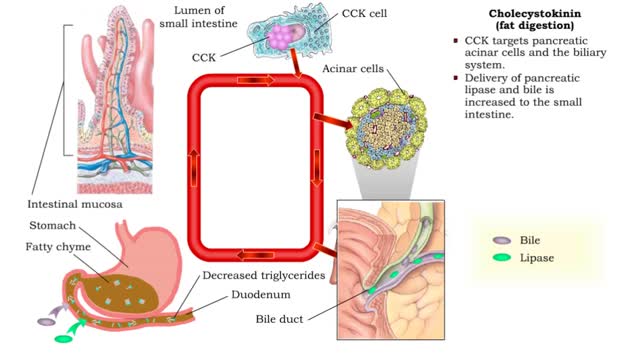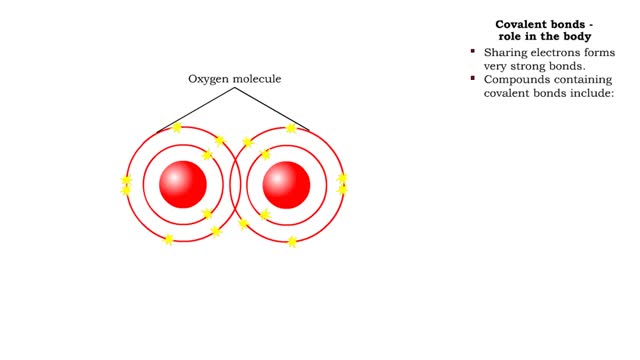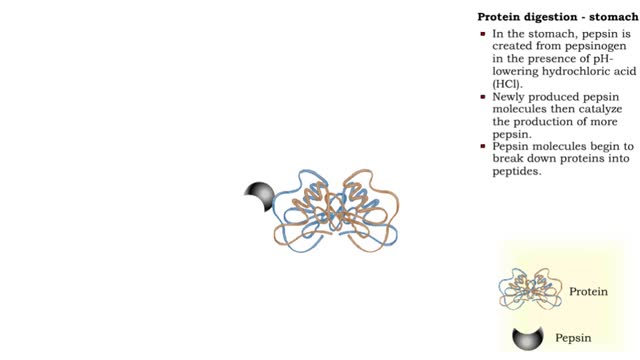Search Results
Results for: 'carbonic acids'
hGH (protein synthesis, growth and development)
By: HWC, Views: 11356
• Increased GHRH, a hypothalamic releasing hormone stimulated by low blood glucose, physical exertion, and increased sympathetic stimulation, stimulates the production of human growth hormone (hGH) from the somatotrophic cells of the anterior pituitary. • Human growth hormone targets cartil...
Nucleic acid digestion -small intestine
By: HWC, Views: 11032
Nucleic acid digestion, which takes place in the small intestine, involves: • Pancreatic nucleases. • Brush-border enzymes in the small intestine. • Nucleic acids enter the small intestine dissolved in gastric chyme. • As gastric chyme enters the duodenum of the small intestine, p...
Introduction to filtration - filtrate formation and composition
By: HWC, Views: 11073
• At the nephron, the three process responsible for the formation of urine include: • Glomerular filtration. • Tubular reabsorption. • Tubular secretion. • During filtration, a filtrate is formed within the renal tubule. • Reabsorption is the conserving of water and many s...
Factors that increase metabolic rate and heat production
By: HWC, Views: 11062
• All vital biochemical reactions are temperature dependent. • The overall rate at which metabolic reactions use energy is known as the metabolic rate. • Metabolic rate greatly determines body temperatures. • Temperature is maintained by balancing the loss of heat to the environment...
Oxygen - hemoglobin dissociation curve & Hemoglobin's affinity with oxygen - acidity
By: HWC, Views: 11496
• The partial pressure of oxygen is a primary factor influencing the degree of saturation of hemoglobin. • The Po2 determines the number of oxygen molecules that can bind or dissociate from hemoglobin. • Blood in vessels coming from the lungs is very high in Po2 so saturation is high. ...
Carbohydrate Metabolism: Introduction to renal processes and filtrate formation and composition
By: HWC, Views: 11070
• At the nephron, the three process responsible for the formation of urine include: • Glomerular filtration. • Tubular reabsorption. • Tubular secretion. • During filtration, a filtrate is formed within the renal tubule. • Reabsorption is the conserving of water and many s...
Secretin (inhibiting gastric acid secretion), Cholecystokinin (fat digestion) & Cholecystokinin
By: HWC, Views: 10787
• As chyme approaches the small intestine, secretin also targets acid-producing parietal cells in the gastric mucosa. • Increased secretin inhibits gastric add secretion. • With less gastric acid produced, the chyme going into the intestine is less acidic. • The hormone CCK also reg...
Covalent bonds - role in the body
By: HWC, Views: 10861
A covalent bond is formed when atoms share one or more pairs of electrons. This is opposed to an ionic bond, where electrons are actually transferred from one atom to another. Formation • Atoms fill up the outer orbital by sharing electrons. • Two oxygen atoms sharing electrons form on...
Protein digestion - stomach & small intestine
By: HWC, Views: 10406
• Protein digestion occurs in the stomach and small intestine. • The stomach enzyme pepsin initiates the process. • Pancreatic and intestinal brush border enzymes complete the digestive process. • In the stomach, pepsin is created from pepsinogen in the presence of pH-lowering hyd...
Advertisement



